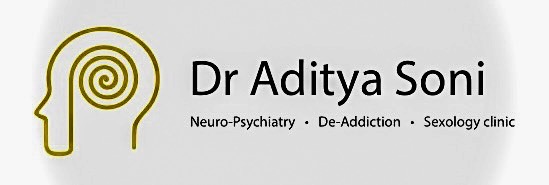Depression Undercovered
- Home
- /
- Blog-5

20
Mar
Depression Undercovered:
When we hear the word depression, certain images often come to mind — sadness, isolation, maybe a person curled up in bed with the curtains drawn. But depression is much more complex, and much less visible, than most of us realize. It doesn’t always look like the stereotypes. In fact, the most dangerous kind of depression is often the kind that goes unnoticed — by friends, family, and sometimes even the person suffering.
This is depression undercovered. And it deserves more attention.
Smiling on the Outside
Many people live with high-functioning depression, also known as dysthymia or persistent depressive disorder. These individuals go to work, keep up appearances, engage in conversations, and might even make others laugh — all while battling a deep internal heaviness. Because they’re “doing okay” on the outside, others assume they’re fine. But inside, they may feel emotionally numb, disconnected, or overwhelmed.
This ability to mask inner pain can make depression even more isolating. People struggling silently often feel ashamed to speak up — they fear they’ll be misunderstood, dismissed, or judged because they don't "look depressed."
The Subtle Symptoms We Miss
When depression is hidden, it doesn’t shout — it whispers. It might look like:
These symptoms can easily be written off as stress or a busy schedule. But when they persist, they might signal something deeper.
Breaking the Stigma — Quietly, but Powerfully
Talking about mental health doesn't always mean big announcements or social media posts. Sometimes it's a private conversation with a trusted friend, a journal entry, or making an appointment with a therapist. These quiet steps are powerful.
Let’s normalize therapy. Let’s normalize rest. Let’s stop glorifying exhaustion and emotional suppression. Let’s make room for messy, honest, real life.
Final Thoughts
Depression doesn’t always look the way we expect. It’s not always loud. It’s not always visible. But it is always valid.
If you’re living with undercovered depression, you’re not alone. You’re not broken. And you deserve support, not because you’ve “proven” you need it, but because mental health care is a right — not a reward.
Let’s start uncovering depression — gently, compassionately, and without shame.
